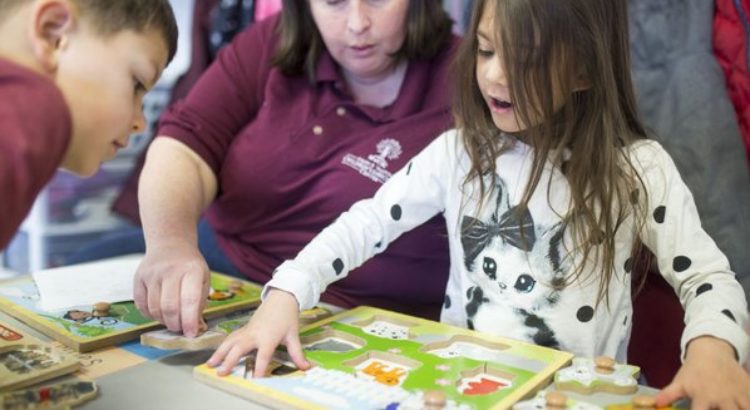United Kingdom/ 02.04.2018/ From: www.independent.co.uk.
‘Las políticas y reglas estrictas sobre la conducta de los alumnos «son crueles, victorianas, dickensianas». Y castiga más a los niños de la clase obrera ‘
A zero-tolerance approach to discipline in schools amounts to “child abuse”, teachers have claimed.
Extremely strict behaviour policies unfairly punish working class children who may not be as focused in class or as well-behaved because of difficult circumstances at home, teachers have suggested.
The remarks came as the NUT section of the National Education Union (NEU) raised their concerns about the state of children’s mental health at their annual conference in Brighton.
Jonathan Reddiford, from North Somerset, said he felt ‘zero tolerance’ behaviour policies in schools were a “key cause” for mental health problems among young people.
He added that it was “incredibly harsh” to exclude pupils for misbehaving and he said using strict behaviour policies with vulnerable children was “nothing short of child abuse”.
Michael Holland, from Lambeth, added that punishing disadvantaged children with strict behaviour approaches was an “abuse” of their rights.
“It punishes black children and children from black ethnic minority groups [they] are far more likely to be excluded from schools.”
Mr Reddiford told the conference that one Year 7 student he had taught was not very “focused” in class – but it was because he was sharing a bed with three family members and he did not get much sleep.
“For me to then try and exercise some sort of zero tolerance behaviour policy would be nothing short of child abuse,” he said.
Mr Holland added: “We believe in a different vision of education. One where children are not sent home because they have a sharp haircut, or their shoes aren’t totally black. We believe in an education service that respects each child.
“If a child is disruptive because they are exhausted or hungry or both. Or if a child kicks another child because the previous night they witnessed domestic violence at home. We respond with patience. We respond with compassion.»
There was unanimous support from conference delegates to opposing «the move towards ever more punitive behaviour policies in schools» which it said was «feeding a mental health crisis for our children».
The motion said: “The increasing use of detention, isolation and exclusion, often talked of as being ‘zero tolerance’ approaches, usually mean ignoring the varied difficulties children have.”
Delegates also highlighted other experiences of growing mental health concerns about their pupils, which some linked to a narrowing of the curriculum in schools.
Paul Power, of Haringey, who has been a head of year in a secondary school for 16 years, said: “I have seen an increase in anxiety, an increase in depression, an increase in stress, an increase in students talking about suicide, an increase in self-harming.”
He added that reforms to exams had led to more stress. “And to be honest there is only one word for them – and that is child abuse,” Mr Power told the conference.
Delegates voted that high stakes testing has harmful effects on children’s mental health, and called for a renewed campaign to oppose Sats.
On Monday, delegates will debate whether to boycott high stakes tests in primary schools – including the Sats.
From: https://www.independent.co.uk/news/education/education-news/strict-behaviour-school-punish-children-child-abuse-teachers-national-education-union-a8283276.html.










 Users Today : 6
Users Today : 6 Total Users : 35460137
Total Users : 35460137 Views Today : 10
Views Today : 10 Total views : 3418793
Total views : 3418793